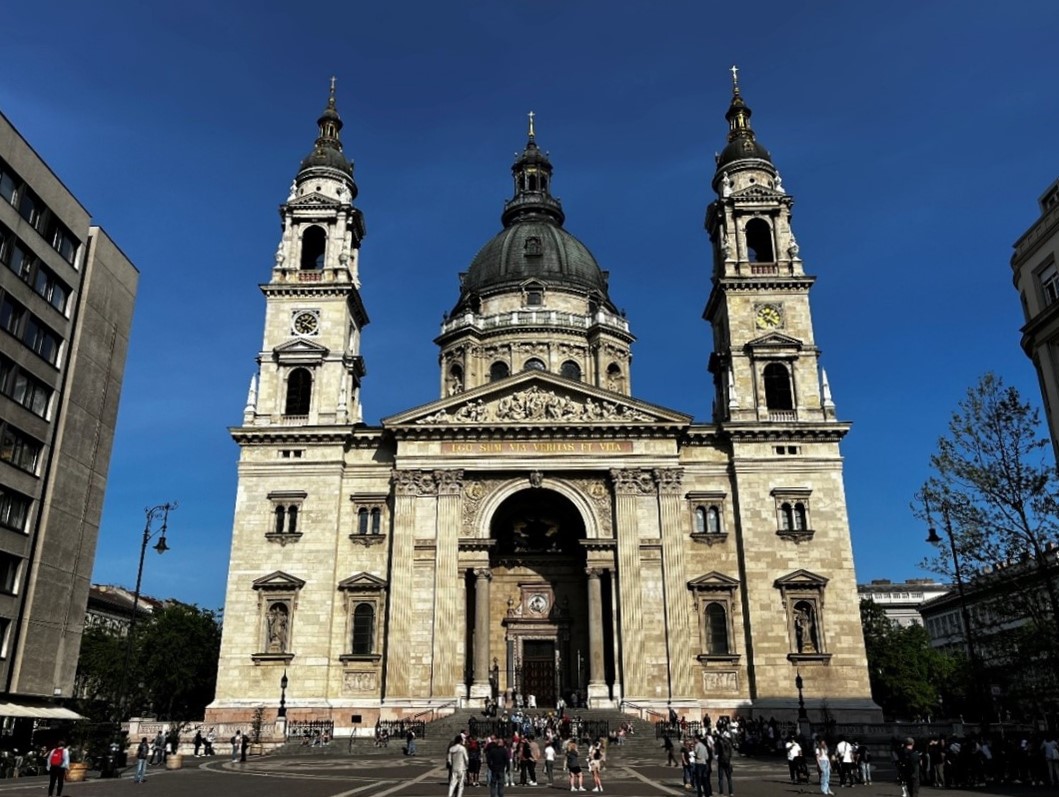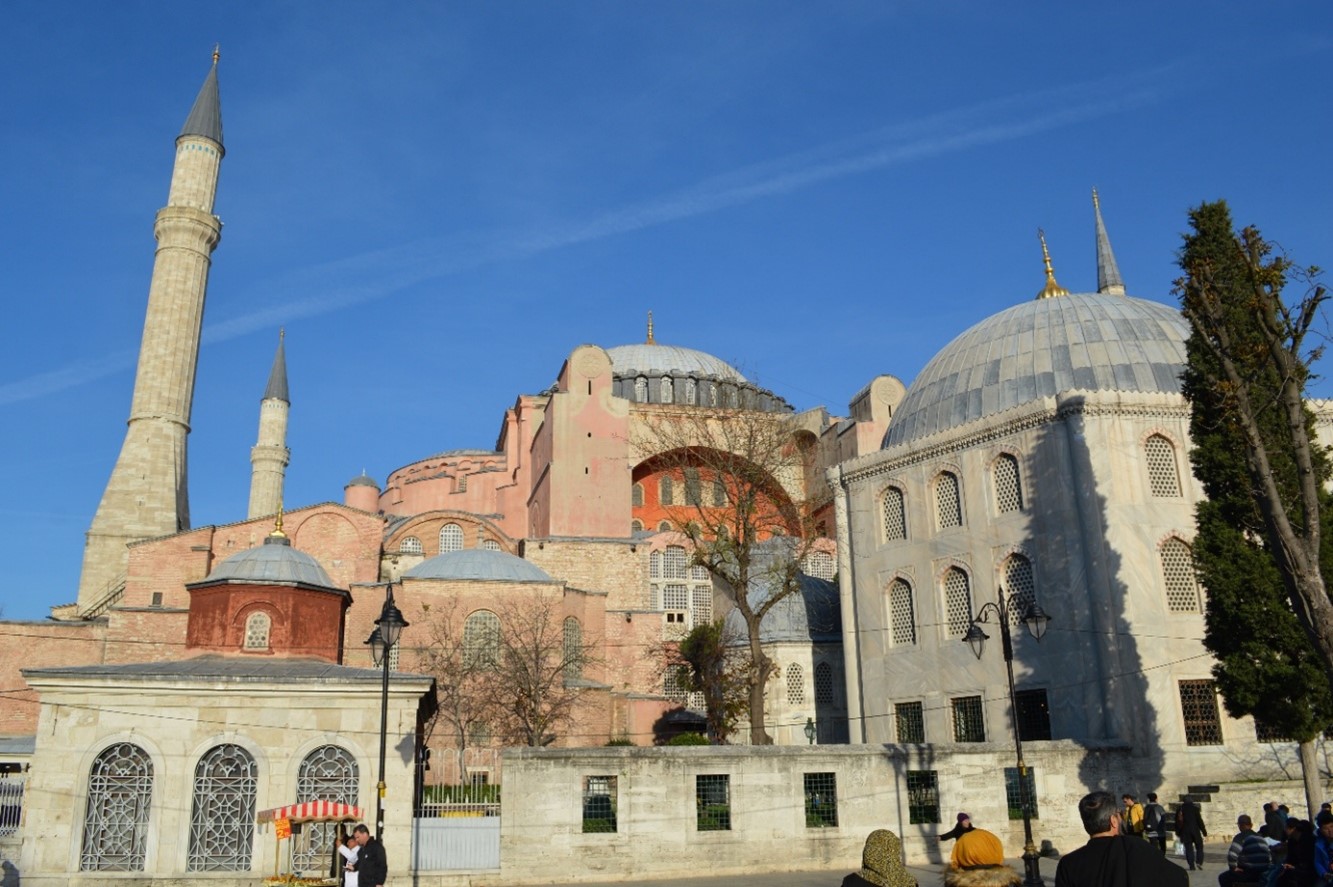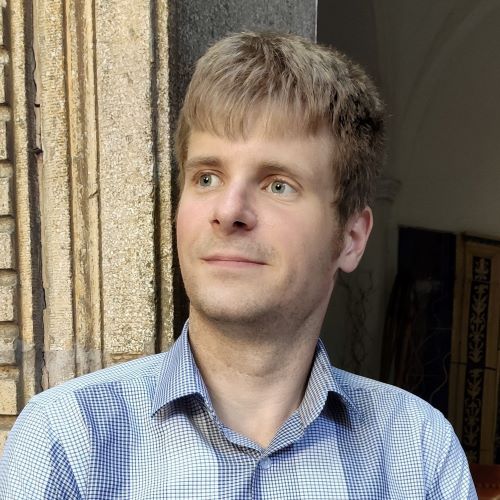Voices from the Sylff Community
Jan 8, 2025
Rightly Guided Leaders: The Role of Religion in the Political Ideology of Viktor Orbán and Recep Tayyip Erdoğan
Viktor Orbán and Recep Tayyip Erdoğan have strategically used religion to shape their political ideologies and establish unchallenged power in Hungary and Turkey. Tamas Dudlak (Hungarian Academy of Sciences, 2021) introduces his groundbreaking comparative study on how their religious discourses reflect and influence their political systems.
* * *
As part of my SRG 2023 research project, I compared the role of religion in the political ideology of contemporary Hungary and Turkey. Over the last decade, there has been a growing interest in illiberal governance systems, primarily concerning Hungary and Turkey (Bremmer 2018; Economist 2018). Beyond superficial comparisons of these illiberal states, however, the similarities and differences between the lengthy political careers of Viktor Orbán and Recep Tayyip Erdoğan and their respective ideologies have not gained much academic attention.
Recently, both Orbán and Erdoğan have utilized the same power techniques to maintain their unchallenged leading position in their respective countries: their strategy can be characterized by changes to the electoral system, excessive media control, defamatory campaigns against political competitors (Jobbik and HDP parties, respectively), aggrandizement of internal-external enemies (Soros-Brussels and Gülen-Washington, respectively), and emphasis on identity politics (nationalism and religious mobilization).
The careers of the two leaders represent the main patterns of political evolution in Hungary and Turkey after the Cold War. Both Orbán and Erdoğan followed global political ideologies (liberalism and nationalism, though in different forms) and utilized them in different periods of their careers. And then, around the economic crisis in 2008, they shifted their political focus to populism, nationalist ideals, and religiosity (Christianity and Islam, respectively), thereby challenging the foundations of the liberal and secular democratic systems in their respective countries.
While attempts have been made in the literature to define the religious foundations of the two systems (institutions, movements, parties, and belief systems), the religious discourse of Orbán and Erdoğan has not been addressed in depth and comparatively. Despite the growing literature on populism, illiberalism, and authoritarian tendencies in the “Western periphery,” there is a lack of context-sensitive analysis of the religious ideas expressed by Orbán and Erdoğan.
The Shaping of the Religious Narrative
To fill this gap, I conducted research to compare the circumstances that shaped the religious narrative of the two leaders. The goal was to acquire an empirical understanding of how religious discourses have been formulated by politicians in Hungary and Turkey over the last decade and a half and what underlying factors (historical and geopolitical) and current circumstances (legislative background and the domestic and foreign political environment) shape the outcome of governmental decisions (political practice) and discourses (political theory).
By explaining the differences and similarities, I hope to shed light on the essential characteristics of these systems and to arrive at a better understanding of the evolution of the religious discourses utilized.

St. Stephen’s Basilica, completed in 1906, is the largest church in Budapest.
I focused on the Hungarian and Turkish governmental “mainstream” religious discourse after 2010 to determine how the leaders of these political systems thematize Christianity and Islam in their political agenda (identity, national goals, moral values, and humanitarianism). The empirical part of the research examined how the two leaders, Viktor Orbán and Recep Tayyip Erdoğan, perceived the role of religion in their formative years and how religion later came to inform their political views.
As a matter of general or theoretical inquiry, I compared how illiberal governments conduct their religious discourses. Are Turkey and Hungary going in the same direction in their respective religious policies, for example, utilizing religion for counter-Europeanization or anti-Westernism and supporting a distinctive civilizational identity?
The underlying narratives were examined by discourse and content analysis. For this purpose, I focused on the official statements and speeches of Orbán and Erdoğan. The central position of the leaders can be explained by their dominant role in constituting the current political systems in Hungary and Turkey. In countries where populist politics thrive, the charismatic leader gains greater importance in the political arena.
Similar Patterns
Commonalities between the careers of Viktor Orbán and Recep Tayyip Erdoğan are evident. Both grew up in the peripheries (countryside) of secular political systems with nondemocratic characteristics (socialism and Kemalism, respectively), yet religiosity played an essential role in their early lives. Later, their success was related to their ability to mobilize critical voices against these secular regimes; consequently, they were elected as reformists and became advocates of liberal democracy during their early political life (in the 1990s and 2000s).
Around the economic crisis in 2008, though, they gradually shifted their political focus to populism, nationalist ideals, and religiosity (Christianity and Islam, respectively), thereby challenging the foundations of the liberal and secular democratic system. Instead of following the path for which they had previously advocated, both leaders launched a rhetorical campaign against the West and its institutions and, at the same time, started to give greater attention to the East and South in their foreign and identity policies.
Two paradigm shifts can be identified in the political careers of Orbán and Erdoğan. These brought a new set of views and political theory to political practice. To put it differently, both leaders reorganized and rephrased the basis of their political legitimacy many times, using similar patterns, as follows:
|
Erdoğan |
Orbán |
|
Shifted first from an Islamist politician to a moderate Islamist (with liberal elements) and then transformed into a Muslim nationalist (with authoritarian elements). |
Was a petty bourgeois with a conservative background (prior to embarking on political career), embracing liberal thinking as a university student and initially as a politician. After becoming well-established, he drove his party to conservativism and religiousness and bracketed the issue of democracy in practice (illiberalism). |
Orbán’s party, Fidesz (originally Fiatal Demokraták Szövetsége, or Alliance of Young Democrats), came to power in 2010 with a firm policy against the liberal elite, having earlier led a coalition government between 1998 and 2002. Once in power, Orbán continued the fight against external and internal elites. After weakening the domestic liberal elite, Orbán’s political struggle has increasingly transformed into a campaign against the influence of foreigners. The most striking example is his ongoing confrontation with the EU and the so-called “values of the Western elites.”
A similar pattern can be observed in the case of Erdoğan. Even though Erdoğan’s party, the AKP (Adalet ve Kalkınma Partisi, or Justice and Development Party), has been in power since 2002, he increasingly emphasized the unifying nature and cultural importance of the Turkish identity and Islam to a Turkish public disillusioned with the EU accession process. Although initially popular with Western leaders, Erdoğan’s rhetoric toward Turkey’s Western allies slowly gave way to criticism as Turkish democracy failed to consolidate, and authoritarian tendencies in Turkey deepened. And as Erdoğan fell out of grace, he increasingly interlinked the domestic opposition to certain external forces of the West that allegedly tried to overthrow him as Turkey’s “legitimate leader.” This anti-liberal and anti-Western narrative created a revanchist style of populism based on the dichotomic worldview that Western civilization and Islam are incompatible (Kaya et al. 2019, 7–8).
Geopolitical Liminality
Beyond the direction of political development, the geopolitical status of Hungary and Turkey also has some similarities. Geopolitical liminality is the main characteristic of the two, even if Hungary became an “insider” as an EU member while Turkey remained a relative “outsider” of the European project and the continent itself (ww and Kutlay 2017, 1). Therefore, it might be more precise to say that while Hungary is on the periphery of the West, Turkey is on the periphery of Europe. Turkey is on the periphery of the Middle East and the Islamic civilization, while Hungary is on the southeastern flank of Western Christianity (Roman Catholicism, Calvinism, and Lutheranism), surrounded by the “Orthodox civilization.”

The Hagia Sophia in Istanbul was originally built as a church, then converted to a mosque before serving as a museum between 1935 and the summer of 2020. Since then, it has been reconverted to a mosque.
This in-betweenness makes these cases interesting from a religious point of view, since the geopolitical positions of Turkey and Hungary postulate highly contested and confrontational identity formations.
Despite the commonalities between the two leaders and their respective political systems, the crucial question is why and how Orbán and Erdoğan sometimes departed on a different path. In the light of global political tendencies, the interesting puzzle lies in how the two leaders define the nature and aims of their respective political systems through the language of religion.
My research, I believe, can contribute to the literature in two ways. The comparative work is the first of its kind and can thus shed light on the essential characteristics of these political systems and better identify the main themes of the respective religious discourses. The findings can also open a new area of research, leading to a fuller understanding and theorization of how illiberal governments design their religious discourses and build policies around certain religious ideals.
References
Bremmer, Ian. 2018. “The ‘Strongmen Era’ Is Here. Here’s What It Means for You.” Time, May 3. https://time.com/5264170/the-strongmen-era-is-here-heres-what-it-means-for-you/.
Economist. 2018. “How Democracy Dies. Lessons from the Rise of Strongmen in Weak States,” June 16. https://www.economist.com/leaders/2018/06/16/lessons-from-the-rise-of-strongmen-in-weak-states.
Kaya, Ayhan, Max-Valentin Robert, and Ayşe Tecmen. 2019. “Populism in Turkey and France: Nativism, Multiculturalism and Euroskepticism.” Turkish Studies 21 (3).
Öniş, Ziya, and Mustafa Kutlay. 2017. “Global Shifts and the Limits of the EU’s Transformative Power in the European Periphery: Comparative Perspectives from Hungary and Turkey.” Government and Opposition 54 (2).
